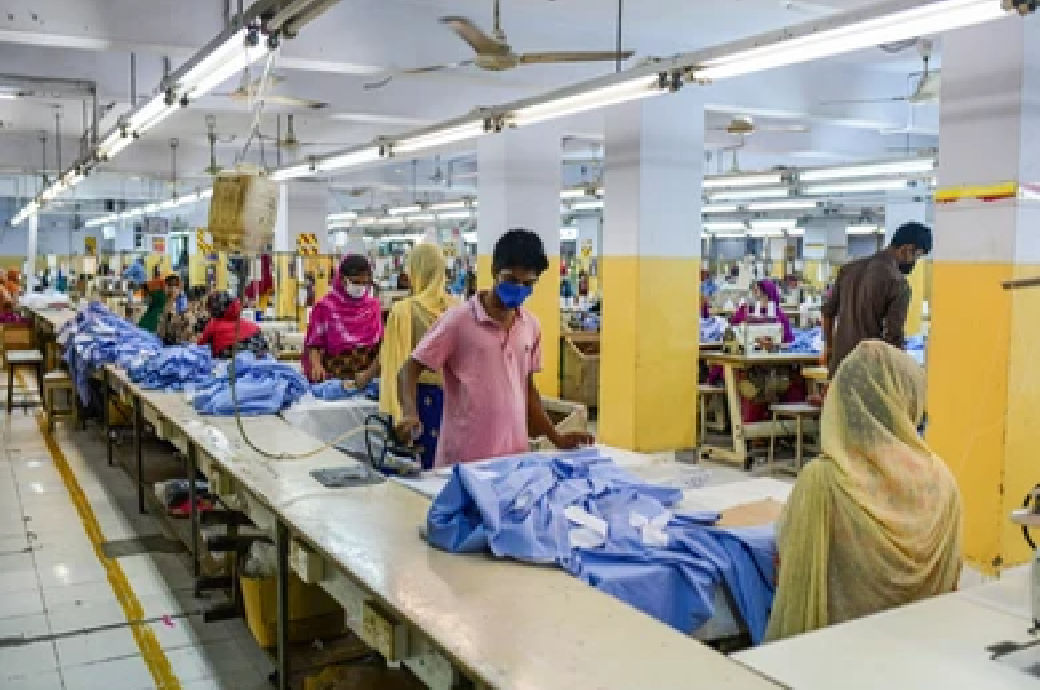
Only domestic RMG companies receive cash incentives for exporting products to new markets now.
Extending the facility to all will raise Bangladesh’s exports to Japan as well as Japanese investments in Bangladesh, his letter said.
Japanese companies investing in Bangladesh can also hire more workers, and raise wages and expenditure on skill development, Bangladeshi media reports quoted the letter as saying.
He suggested reducing the existing 5 per cent cash incentive against RMG exports to 2 per cent and providing it to all types of domestic and foreign exporters so that the cost to the government does not rise.
At present, there are three types of companies in EPZs: fully foreign-owned companies (category A), domestic-foreign joint venture companies (category B) and fully domestic-owned companies (C).
The 4 per cent government cash incentive against RMG exports to new markets are availed by domestic companies outside EPZ, as well as only the C category companies within the EPZ. The A and B category companies are not entitled to get that.
Apart from that, the government offers a 1 per cent incentive on the export of manufactured apparel products to any country, which earlier A and B category companies did not receive.
To tackle the pandemic-induced situation, the stimulus package announced by the government to provide working capital at low interest was initially not available to A and B category companies.
In a meeting with principal secretary of the Prime Minister's Office Ahmad Kaikaus, Japanese investors proposed to solve these inequalities, and the government accepted it. All types of companies, including the ones listed in EPZs, are now benefiting from the COVID incentive and 1 per cent cash incentive on RMG exports.
"If the 4 per cent cash incentive will also be granted to 'A' and 'B' category companies, exports to new markets including Japan will definitely grow and Japanese companies will be further encouraged to expand their investment in Bangladesh. I believe that should be the intention of the policy," said Naoki in his letter.
The Japanese ambassador also discussed the matter with the former finance secretary and Bangladesh Bank governor Abdur Rouf Talukder.
Fibre2Fashion News Desk (DS)